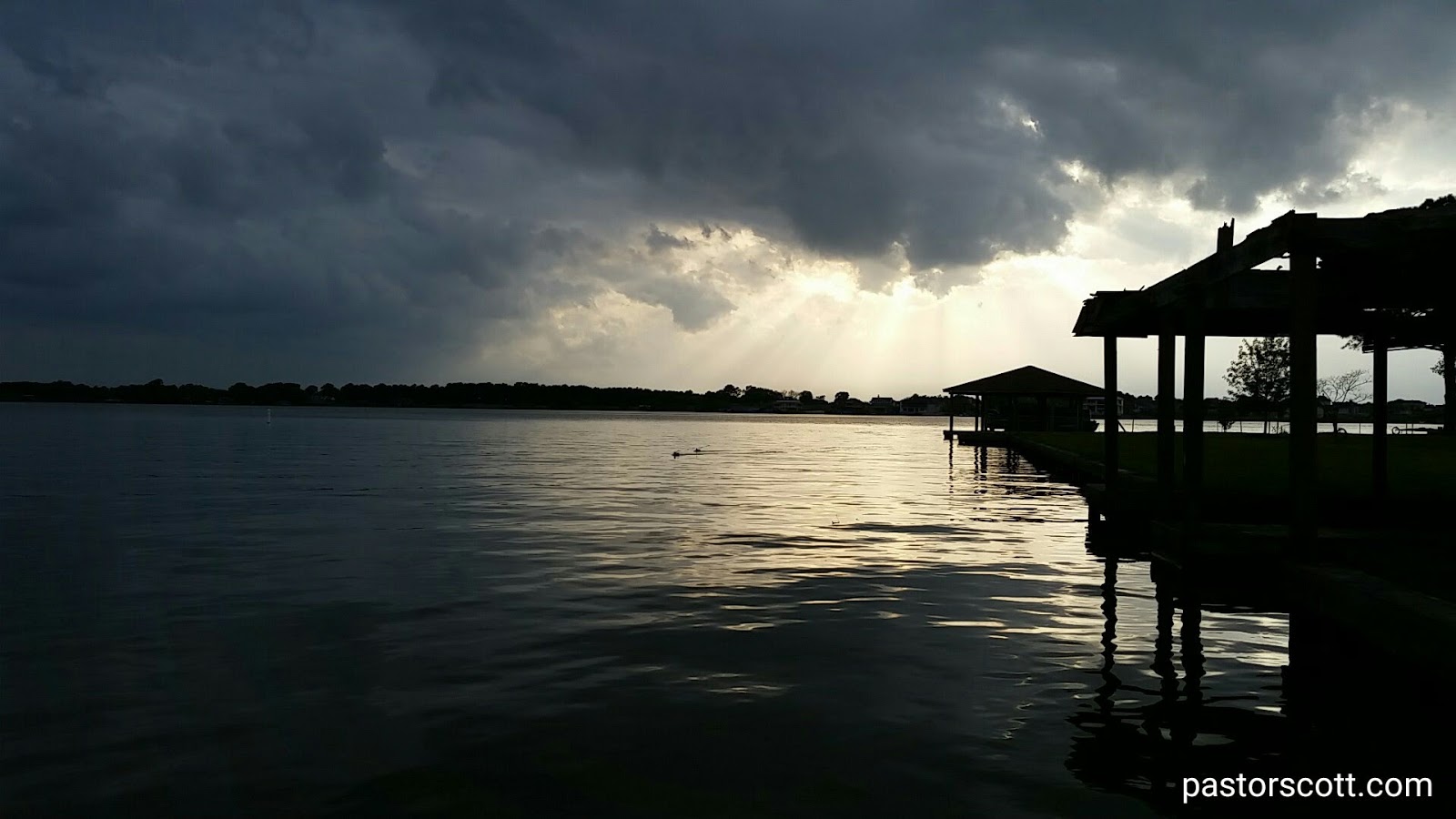
Dare to discipline
Proverbs 13: A refusal to correct is a refusal to love.
I love being around my grandkids. There’s nothing better than spending time with these little ones. However, believe it or not, even my own precious grandchildren aren’t always perfect! I’m sure they come closer to perfect than any grandchildren who’ve ever lived, but still, there are a few little things that have to be kept in check. That’s what their dad and mom, along with maybe a little help from their grandparents, are supposed to do. Parents need to provide loving discipline to their children. I’m not trying to debate the value of a particular type of discipline here, but as I read the words “a refusal to correct is a refusal to love” I’m taken by the common sense truth being stated. Parents who love don’t just throw up their hands and let the kids do “whatever.” Loving parents step up to the plate even when they’re worn out from the day. Even then, they expend the energy to take their children in hand, insisting that they behave themselves within the limits of their capability. The disciplining part of parenting isn’t the fun part, but it’s one of the loving parts. As the wise man says, “love your children by disciplining them.”
Take Away: Children are a gift of the Lord, but that gift does come with responsibilities attached.









